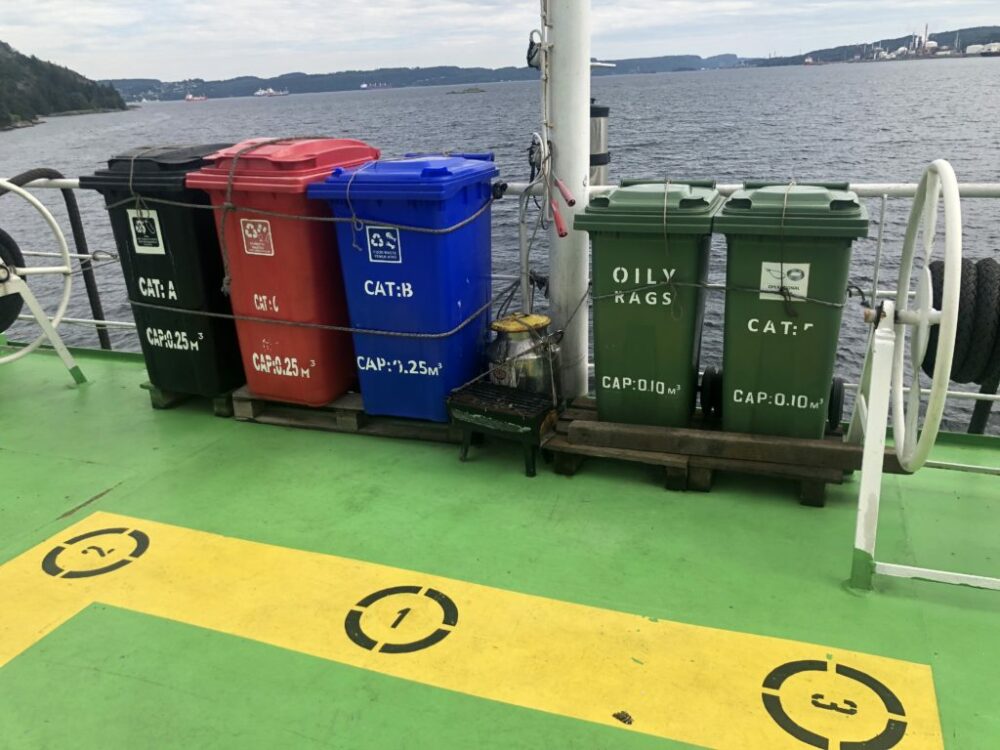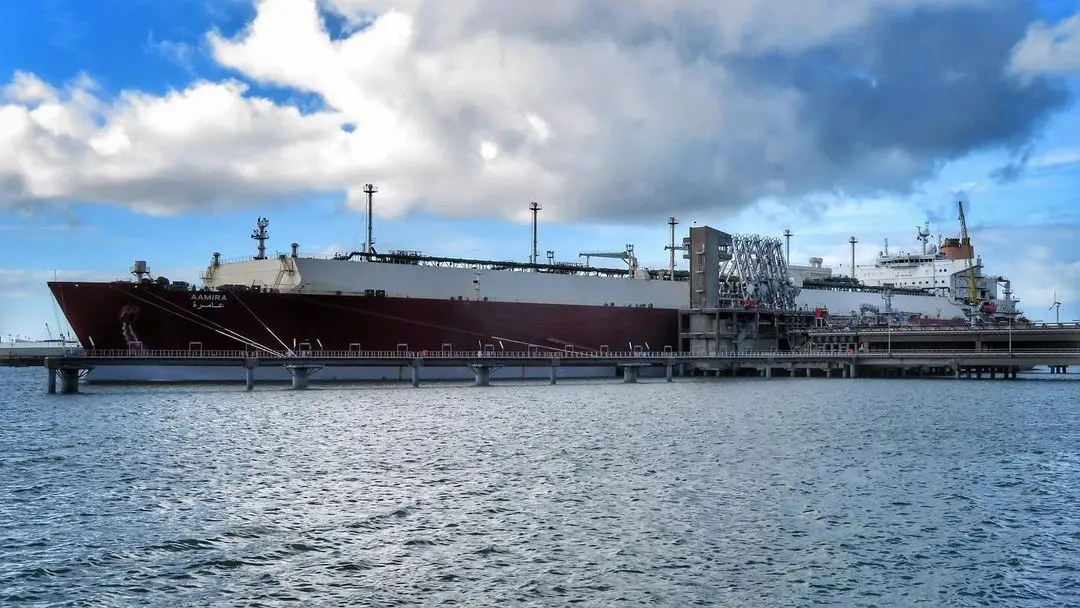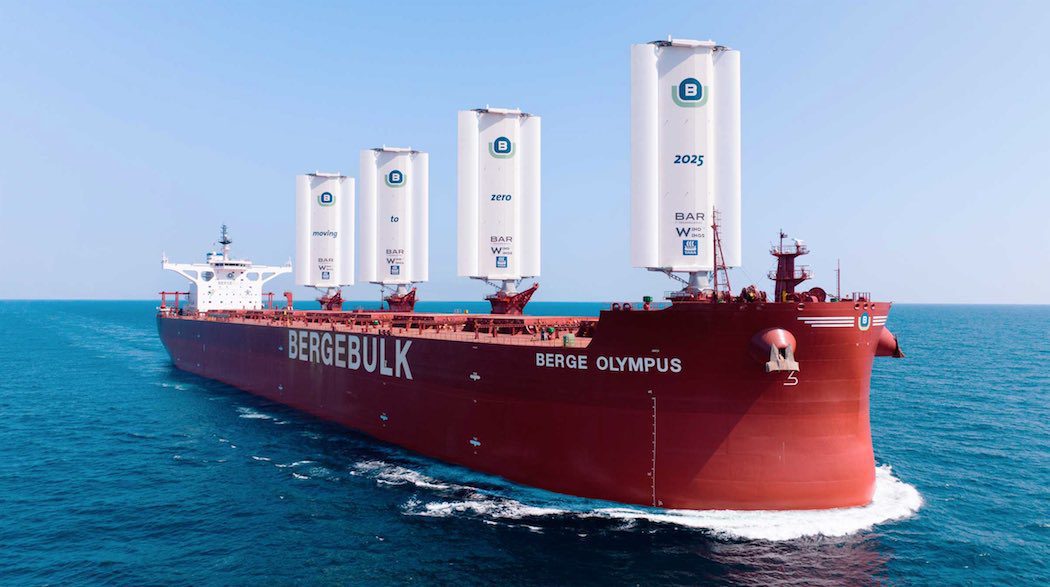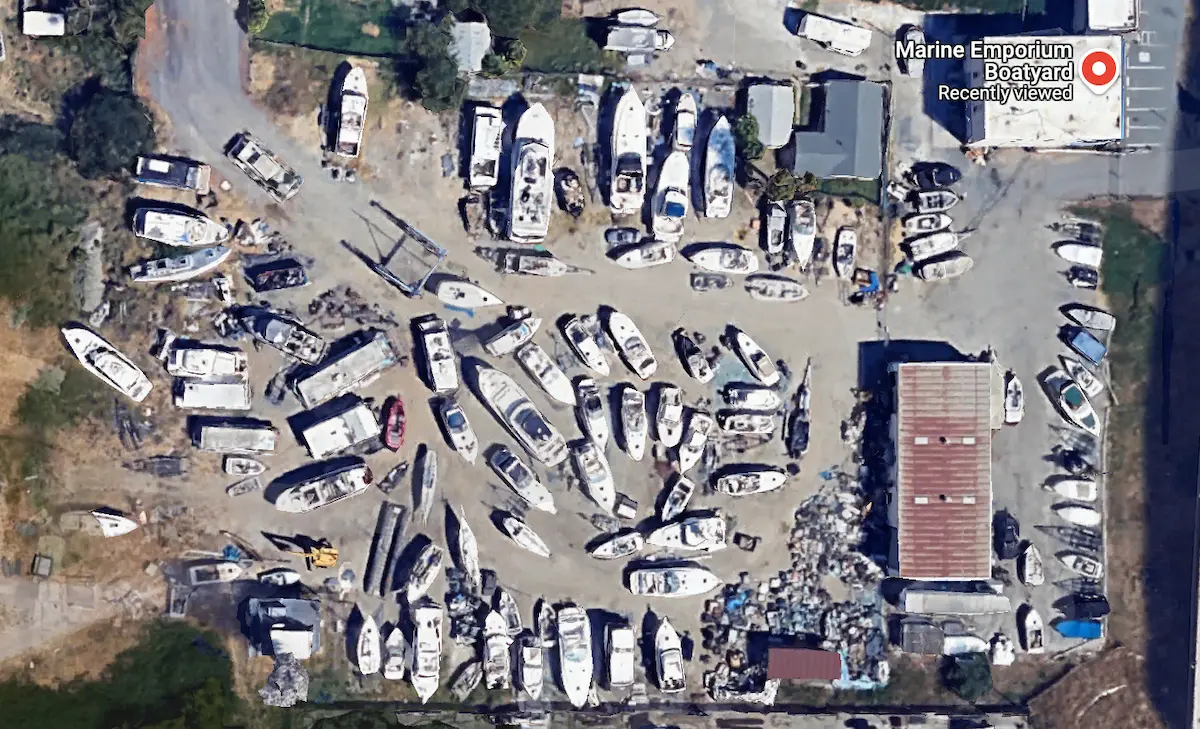Managing the garbage onboard is one of the most important operations as it can directly affect the environment as well as the health of the crew. Hence, it has become part of international regulations known as MARPOL Annex 5.
Garbage management on ships is a system placed on board to organize and process all garbage on ships for the purpose of reducing/eliminating and proper disposal to prevent damage to the environment.

Garbage Management On Ships is divided into different regulations/categories to enable the crew onboard to classify, record, and handle garbage as per Annex V of MARPOL (The International Convention for the Prevention of Pollution from Ships).
Garbage Management On Ships – Regulation 1
Three definitions are mentioned in the 1st regulation. Garbage, Nearest Land, and Special area are described to properly understand their meaning as well as how to fill up details in the garbage record book.
Garbage refers to domestic, operational wastes, generated during the normal operation of the ship and liable to be disposed to a port facility except those substances which are listed and defined in other Annexes of MARPOL.
The baseline from which the territorial sea of the territory is established in accordance with international law is termed “Nearest land”. From the nearest land off the north-eastern coast of Australia shall mean from a line drawn from latitude 11°00′ S, longitude 142°08′ E to latitude 24°42′ S, longitude 153°15′ E.
Lastly, a special area means a body of water where for recognized technical reasons in relation to its oceanographical, and ecological condition, and the particular character of its traffic, requires the adoption of special mandatory methods for the prevention of sea pollution by garbage. Those areas are listed in Regulation 5.
Regulation 2 & 3 Application and Disposal outside special areas
The provisions of Annex 5 shall apply to all vessels unless expressly provided otherwise. Disposal of all plastics into the sea is strictly prohibited. This includes synthetic ropes, garbage bags, and ashes from plastic products that may contain toxic or heavy metal residues.
Disposal of dunnage into the sea shall be done as far as practicable from the nearest land and must be more than 25 nautical miles. Food waste, on the other hand, can be discharged overboard if the distance of the ship from the nearest land is more than 12 nautical miles.
Comminuted garbage or those that passed through a grinder can be disposed of if the distance from the nearest land is more than three nautical miles. When in doubt that garbage is mixed, more stringent requirements must be observed.
Regulation 4 Special Requirements
The disposal of any materials is strictly prohibited from fixed or floating platforms engaged in the exploration, exploitation, and associated offshore processing of sea-bed minerals, and from all other ships when alongside or within 500 meters of such platforms.
Food wastes may be permitted when they have passed through a comminuted or grinder from such fixed or floating platforms located more than 12 nautical miles from the nearest land and all other ships when alongside or within 500 meters of such platforms. Such wastes must pass thru openings no greater than 25 millimeters.
Regulation 5 & 6 Disposal of garbage within Special Areas
Regulation 5 prohibits the disposal of plastics anywhere in the sea and severely restricts the discharge of other garbage from ships into coastal waters and special areas. Special areas include the Mediterranean Sea, Baltic Sea, Black Sea, Red Sea, Gulfs area, North Sea, Caribbean region, and Antarctic.
There are exceptions for disposing of garbage from a ship. First, it is for the purpose of securing the safety of a ship and those on board. The accidental loss of synthetic fishing nets, provided all reasonable precautions have been taken, is also part of the exceptions. Lastly, the escape of garbage due to damage to the ship and its equipment, provided all precautions have been checked, is exempt.
Regulation 7 Reception Facilities
Reception facilities in ports and terminals must be provided by the Government of each party for the handling and reception of garbage, without causing any undue delay to ships, and according to the needs of the ships using them. Proper communication between all parties concerned must be established.
Regulation 8 PSC requirements
All vessels are subject to inspection by Port State Control officers when in port regarding operational requirements under this Annex. This ensures that the Master and crew are aware of and familiar with essential shipboard procedures relating to the prevention of garbage pollution.
Regulation 9 Garbage Management Plans and Record-keeping
All ships with a length of more than 12 meters shall display placards/signages which notify the crew and stevedores of the handling and disposal requirements of garbage onboard. Placards/signages shall be written in the working language of the ship’s personnel.
Vessels of 400 gross tonnages and above, which are certified to carry 15 persons, shall have a garbage management plan that the crew will follow. The garbage plan shall provide written procedures for collecting, storing, processing, and disposing of garbage, including the use of equipment on board. The plan shall also designate a person in charge of implementing the plan.
These same ships that are engaged in voyages to ports or offshore terminals under the jurisdiction of Parties of the Convention and every fixed and floating platform engaged in the exploration of sea-bed shall be provided with a Garbage Record Book.
All discharge operations and incineration shall be recorded in the Garbage Record Book and signed for on the date of the operation by the designated officer. Each page shall also be signed by the Captain and entries must be in the official working language. Entries include the date, time, position of the ship, description, and amount of garbage.
The garbage record book shall be kept on board and must be available for inspection in a reasonable time. The Administration may waive the requirements for the carriage of a Garbage record book for any ship engaged on voyages of less than 1 hour and for floating platforms engaged in the exploration of the sea bed.
The competent authority may inspect the Garbage book onboard to which the regulations apply while the ship is in ports and may make a copy of any entry and will require the Master of the ship to certify. Any certified copy shall be admissible in any judicial proceedings as evidence of the facts stated in the entry.
- Types of Gas Carriers as per IGC Code – April 22, 2025
- Wind-Assisted Propulsion Systems (WAPS): A Game Changer for Maritime Decarbonization – February 6, 2025
- 10 Boat Salvage Yards in California – January 25, 2025




